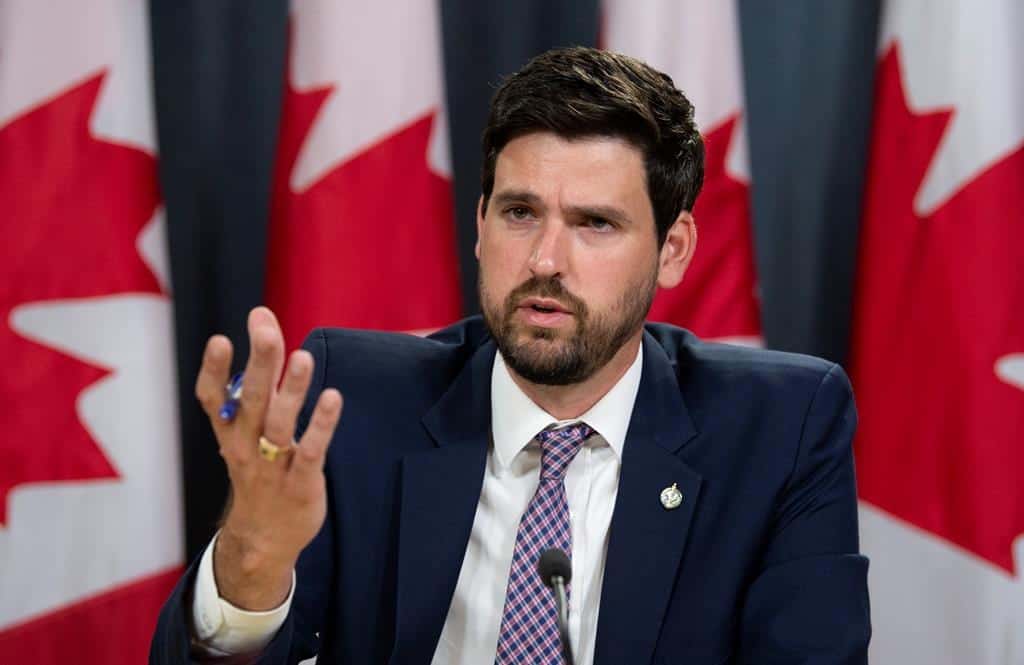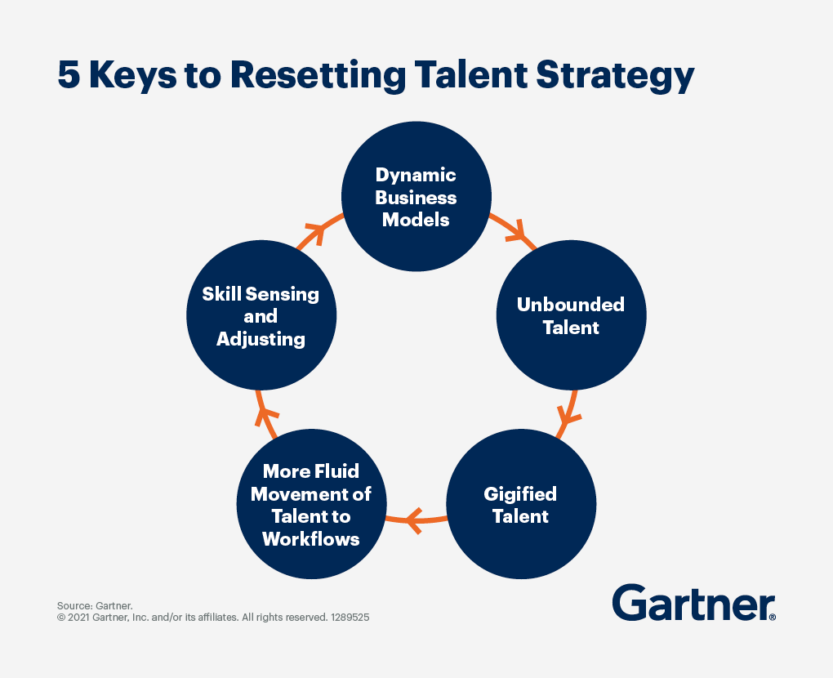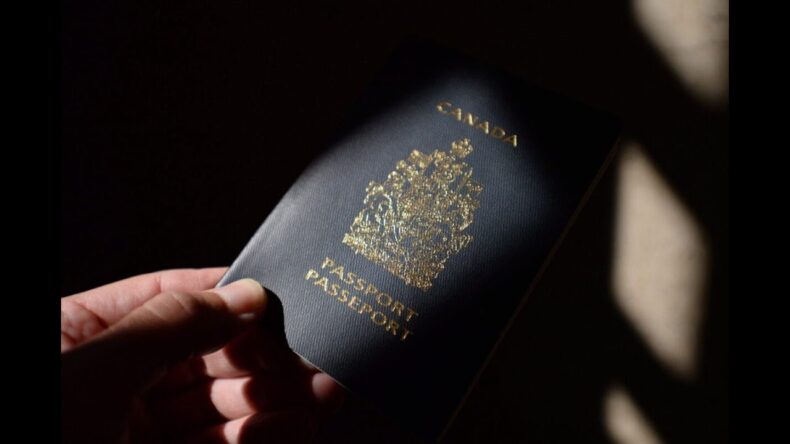Indians are expected to benefit the most as Canada looks to hire digital talent.
Holders of H-1B speciality occupation visas in the US will have access to an open work permit stream so they may apply for work permits in Canada, register their accompanying relatives in educational institutions, or seek potential jobs.
Next month, Canadian government will announce an innovative initiative to draw tech talent, including US citizens on H1B visas, to the nation. Given that they received over 75% of the H1B visas awarded in 2020 and 2021, Indian tech enthusiasts are expected to gain tremendously from the strategy.

“We aim to attract new immigrants who may help to establish the country as the global leader in a variety of developing technologies,” Minister Sean Fraser was cited as expressing in a statement from Immigration, Refugees and Citizenship Canada on Tuesday.
While launching the nation’s first-ever digital Talent Strategy at the Collision Conference, a digital industry assembly, in Toronto on Tuesday, Fraser previously revealed several specific initiatives.
Holders of H-1B speciality occupation visas in the US will have the advantage of a flexible work permit stream so they may apply for job authorization in Canada, and put their escorting family members to and from school while searching for work. On July 16, the latest three-year work permits will be made available. A temporary resident visa with a job or study permit may also be applied for by both spouses and dependents of persons who get these permits.
Once Immigration, Refugees and Citizenship Canada get ten thousand applications, the extraordinary provision will come to an end. According to Fraser, this is being started despite the “public narrative surrounding layoffs” that is prevalent in the US, particularly in the IT industry.

For highly trained employees in a few in-demand professions, Canada will also soon provide open work permits for up to five years, as well as for a comparable amount of time for individuals working for firms the government has selected as supporting the nation’s innovation goals.
In the words of Fraser, Canada would also try to entice “digital nomads”. In this way, those working for foreign businesses will be permitted to remain and do so for six months in Canada. “If they accept an employment offer whilst they’re in Canada, we’ll let them stay and work there.”
As part of the category-based selection, Canada will also establish a STEM-specific draw to extend extra invitations to submit their applications under the Express Entry scheme.
Following the press release, “This innovative approach combines new measures and improvements on current ones to help businesses in Canada flourish in a more competitive environment.”

Canada anticipates that the Global Skills Strategy will result in a restoration to the 14-day service requirement for work visas.
The Start-up Visa Programme was further enhanced under the plan, including:
· For 2024, more spaces have been given to this programme, and for 2024 and 2025, more increases are expected.
· Instead of just being available for one year, work permits will now be available for up to three years.
· Instead of being restricted to working for their own start-up, applicants would have the option of applying for an open work visa.
· Instead of just being available to people who are really necessary and urgently required in Canada, this will now be a three-year open work visa.
· Priority will be given to applications backed by business incubators that are members of Canada’s Tech Network, venture capital firms, angel investor clubs, and business incubators that have committed funds.













